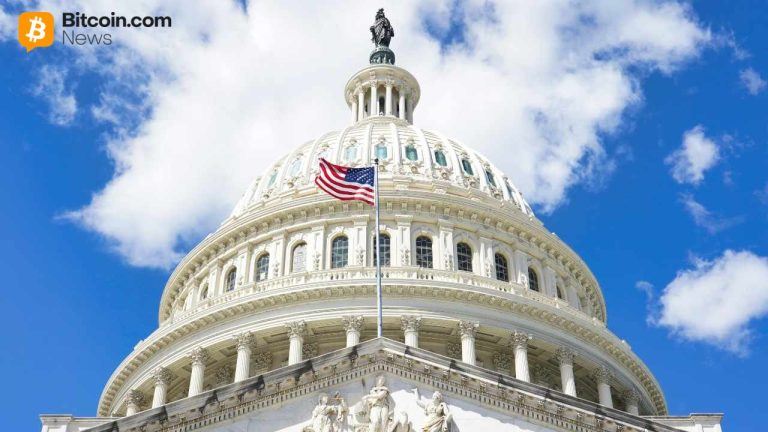The yen is everything to Japan’s economy
4 min read
Unlock the Editor’s Digest for free
Roula Khalaf, Editor of the FT, selects her favourite stories in this weekly newsletter.
Rejoicing in its busiest ever year of visitors, Japan has begun to fret about overtourism. It is tangled on whether two-tier pricing, with one price for foreign visitors and a lower one for locals, is desirable, discriminatory or self-destructive. Rather than escaping it all, a once-footloose nation is opting to stay put, anchoring Japanese overseas travel at a mere 60 per cent of pre-Covid levels.
But somewhere in all this, the right crisis — one of negative terms of trade and currency vulnerability — has at last been identified. The run-up to this week’s Bank of Japan monetary policy meeting was messy; but the message the central bank transmitted on the yen was clearer and more honest than it has been for a long time. For all the BoJ’s reference to an intensifying virtuous cycle between wages and prices and its previous commitment to moving only if the data justified it, the decision to raise the benchmark interest rate to 0.25 per cent was hardly a no-brainer.
Two members of the monetary policy committee dissented, with one directly questioning whether the economic data yet supported an increase. Some analysts have already suggested Wednesday’s move may be remembered as one of the BoJ’s most controversial in recent times; the chief Japan economist at UBS described it as “very disappointing”, warning that it made the already precarious normalisation of Japan’s economy even more so.
Both the doves and the wrongfooted have a point. Why seek to cool something that is, at best, tepid? The economy, as measured by GDP, is looking decidedly soft; pay increases have not been universal or large enough to excite; demand-driven inflation is stubbornly not ablaze; industrial production is looking heavily off-colour.
And there are other, less neatly quantifiable signals of fragility — the tourism-related phenomena mentioned above prominent among them. On the collapse in Japanese overseas travel, many have identified the weak yen (the worst-performing major currency in 2024 and at a 37-year low in June) as the central cause.
Well, maybe. A weak currency can make a foreign trip uncomfortable, but that would not matter so much if Japanese households felt more fully swept up in the virtuous cycle the BoJ is so keen on declaring. If they felt this year’s wage increases were a portent of much larger, inflation-surpassing rises next year, they would accept the currency pain and hop on a plane. That is not happening because confidence remains elusive.
Similarly, the debate on two-tier pricing highlights another piece of unfinished economic business. Japan’s multi-decade battle with deflation may be over, but pricing power in goods and services remains anaemic. Japan talks of higher costs for tourists as a policy issue because it still has not recovered the habit of pricing as the natural function of the market and, again, of confidence.
Finally, on overtourism, the Japanese grumbling is partially related to the weak yen — there is a humiliation in hearing visitors from smaller economies revelling in how cheap everything feels. But there is also frustration with the economics: if the Japanese had the money and security to enjoy their own country as freely as the visitors, the overcrowding would rankle less.
Whatever the BoJ says, Japanese households know that their finances are up against cost-push inflation rather than the demand-led version that would induce a genuine, bankable virtuous cycle. For many months, it has been obvious that the weak yen is the culprit, and that the negative terms of trade shock it causes are especially painful to a country that imports almost all its energy, the majority of its food and most of the raw materials on which its manufacturing industries rely.
The yen’s weakness derives from a number of factors, but the differential between Japan’s almost zero rates and the much higher yield in the US is overwhelmingly the most powerful.
Until now, the BoJ has held back from adjusting rates to support the yen, forcing the Ministry of Finance to order direct intervention in markets to engineer a temporary change in direction. It has done so in the credo that developed economies do not use monetary policy to affect their currency, however pressing the need or agonising the circumstances.
The central bank’s language is not yet explicit, but what happened on Wednesday marked a clear break with the past. For better or worse, the BoJ has tacitly admitted, on behalf of a nation enduring a terms of trade crisis, that currency is everything to this economy. The message is big, the bet is even bigger.







